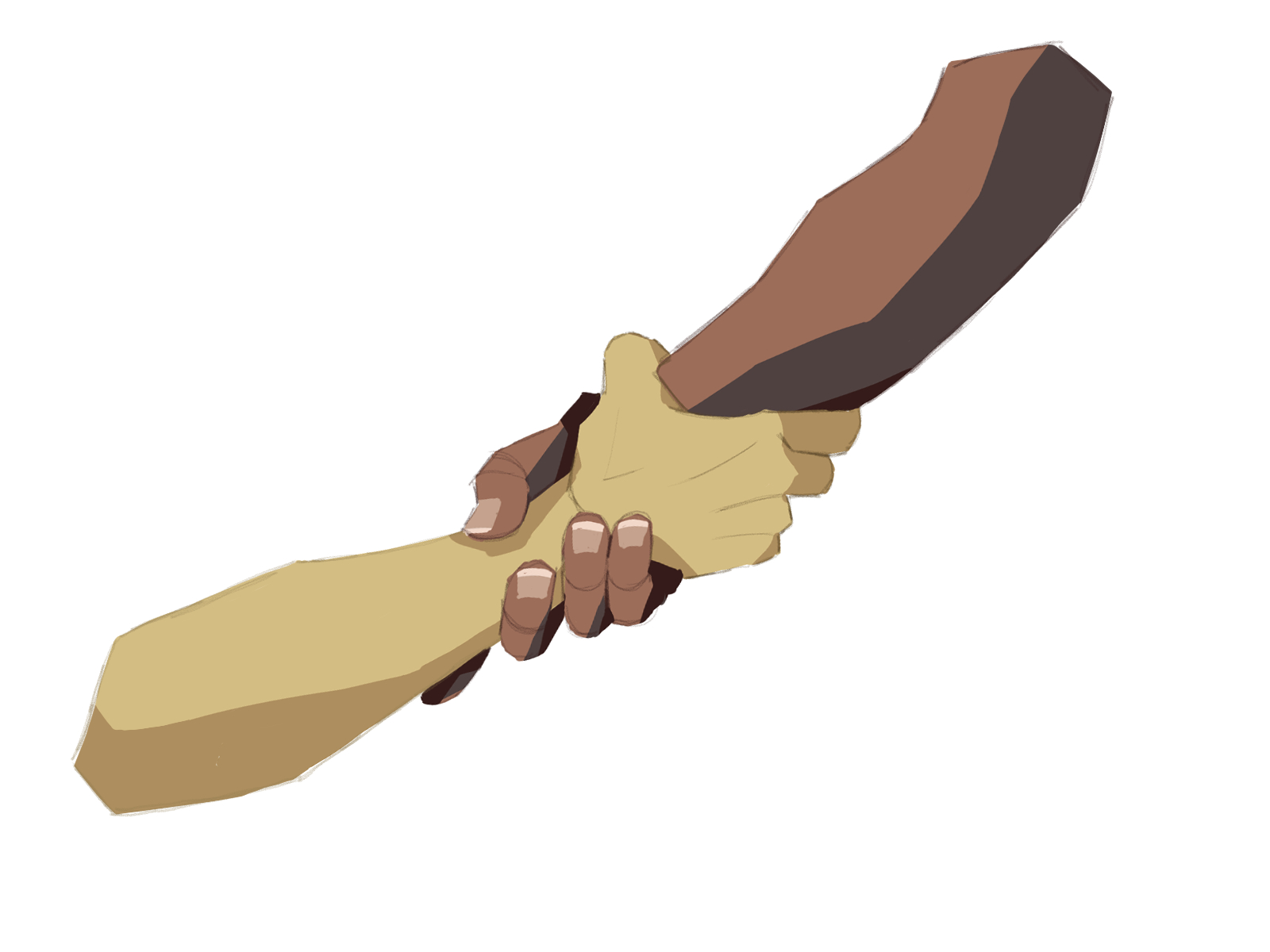Women’s history events celebrate intersectional activism
CAMPUS EVENTS
By Michelle Xu
The end of Black History Month only marks the beginning of Women’s History Month, during which time City College of San Francisco’s Women’s Studies Department hosts free public events that focus on the empowerment of women and their significance in this world.
Last year, the events highlighted women’s response to oppression; this year, the events inform us of the past and current processes of fighting for women’s justice, as well as what women do in order to bring political awareness and change.
“For this year’s theme, we wanted to highlight women’s role in the social justice movement and the leadership of women,” Maggie Harrison said, Chair of the Women’s Department at City College.
The event listings opened with MAJOR!–a documentary film that focuses on Miss Major Griffin-Gracy, a 73-year old Black transgender women who have fought for the rights of trans women of color for over 40 years, the perfect introduction to link Black History Month and Women’s History Month.
“Every fall, our instructors gather for a yearly meeting to discuss where we are so we can come up with the year’s theme. A crossover event like MAJOR! was appropriate to start with,” Harrison explained.
Staff and students who are involved in scheduling the events also major in ethnic studies, social justice, or LGBT studies, whose learning curriculums correspond to the order of the events.
Because the people involved come from many different backgrounds, attendees should be able to find at least one event that they could make a personal connection to.
If one doesn’t find an event that specifically speaks to his or her life, “the opportunity to meet people who are unlike you are a part of what helps us grow; not as individuals, but as a whole community,” Harrison explained.
The list of events includes knowledgeable guest speakers, healing workshops and enlightening films that can connect with you in unexpected ways, push you to make changes, and possibly inspire you to become a part of the movement.
“Students who worked as peer educators from Project SURVIVE [City College’s sexual violence prevention and healthy relationship promotion program] would come to my classes so I got to know them over time. I saw their growth and their path of developing a meaningful connection with others in healthy ways,” Harrison shared, “And that’s what impacted my decision to become the Chair.”
The struggle for women’s rights are not so black and white, and it is not just a fight for straight white women. LGBT women, transgender women and women of color all play an important role when it comes to driving this movement.
“We’re damaged. Our culture is damaged. We have a long time legacy of colonialism and slavery, and those echoes are coming back and are current to our political culture,” Harrison emphasized. “As a commitment, not just to ourselves but to the generations ahead, we owe it to ourselves to heal from the traumas we collectively experience and to take advantage of what is out there for us.”
The events began on Feb. 15 and will continue throughout March, ending with a film screening community workshop on May 8.
For more interactive workshops that teach different modalities about healing, African-American Studies and History professor Aliyah Dunn-Salahuddin’s “Healing Through Movement” occurs on Apr. 10, which focuses on dynamic movement. Meanwhile, “Writing as Alchemy” with Tanea Lunsford Lynx takes place on May 3.

